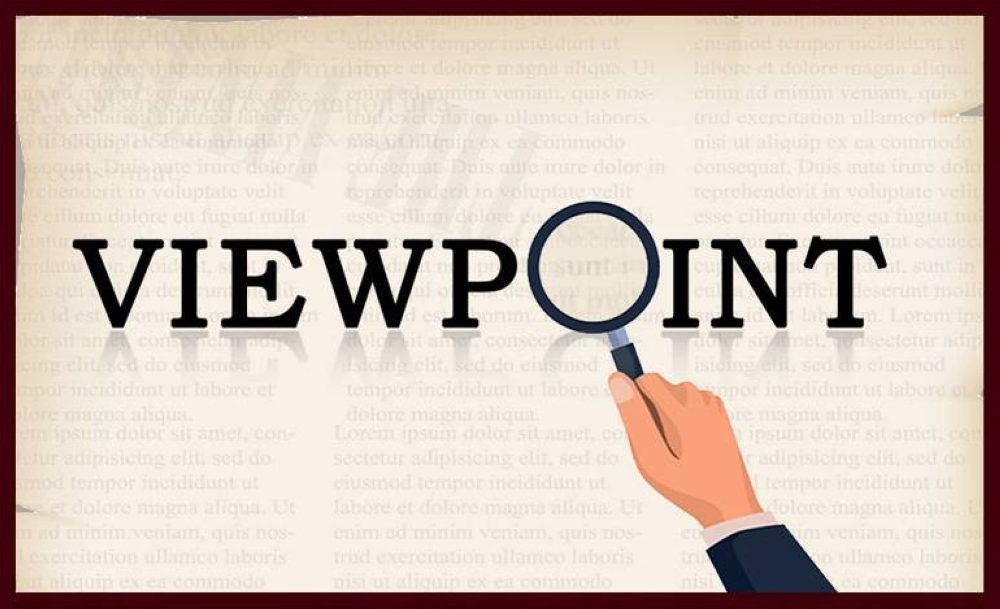Donald Trump’s election as the 47th president of the US has undoubtedly filled Russian President Vladimir Putin with hope. Trump has long expressed his admiration for Putin, and he has given every indication that he will discontinue President Joe Biden’s policy of providing substantial material support to Ukraine (weapons, intelligence, and financing) in its defence against Russian aggression.
Moreover, Trump’s choice of vice-president, J D Vance, shares his view, stating that “the American people will not tolerate another endless war, and neither will I”. With Republicans gaining control of both houses of Congress and pursuing draconian cuts to any spending that is associated with Democratic priorities, US support for Ukraine will soon be withdrawn.
Regardless of what Europeans tell themselves, they will not be able to compensate for the loss of American financial and military aid for Ukraine. They have neither the will nor the capacity to do so. And while many have described recent developments in Syria as a loss for Putin, that doesn’t make them a win for the Ukrainians and Europe.
To be sure, Putin has lost a key ally with the downfall of Bashar al-Assad. In the wake of the Assad regime’s collapse, Russia is withdrawing its forces from its air and naval bases on Syria’s Mediterranean coast, which means that it is losing essential conduits for supplying the forces it has deployed in various African countries. For a leader who harbours global power ambitions, this marks a severe setback.
Putin’s strategic loss in the eastern Mediterranean might be only partly mitigated by a “deal” with Trump. For example, the incoming US administration could pursue a grand bargain in which Russia supports US-Israeli efforts to shut down Iran’s nuclear programme in exchange for a face-saving partial victory in Ukraine.
Alternatively, Trump’s arrival in the White House could amount to a green light for Israel to launch strikes on Iranian nuclear facilities.
This scenario would be catastrophic for Putin’s dreams of global influence, because it would fundamentally alter Russia’s role in the Middle East and on the world stage. Former US president Barack Obama’s dismissive description of Russia as a “regional power”, rather than a great one, would be confirmed. Russia would still have a powerful partner in China, but China’s own estimation of its northern neighbour’s importance would be significantly downgraded.
But another possibility is that Trump will simply roll over for Putin by forcing the Ukrainians into ceasefire negotiations and territorial concessions without any effective Western security guarantees. Such a grotesque outcome would further alter Europe’s own security architecture. Nato would still exist, but its relevance would be much in doubt as long as Trump is in office. European security would henceforth depend on Ukrainian security. Its future prosperity and stability would be tied to a fragile ceasefire that would do nothing to counter the constant threat of Russian hybrid warfare.
In other words, from Europe’s perspective, Trump and Vance’s idea of peace will be nothing of the kind. Europe will continue to face profound risks to its security and internal cohesion, only now it will be confronting them alone. What will Putin do with the reprieve offered by a suspension of hostilities? What will it mean for Europe if the situation in Syria deteriorates and produces another 2015-style refugee crisis?
Faced with so much uncertainty, Europeans have no choice but to pursue considerable investments in rearmament and security, even if such outlays become more difficult under conditions of flagging growth and a new trade war.
Opinion
Putin’s setbacks cold comfort for Europe
Putin’s strategic loss in the eastern Mediterranean might be only partly mitigated by a “deal” with Trump

